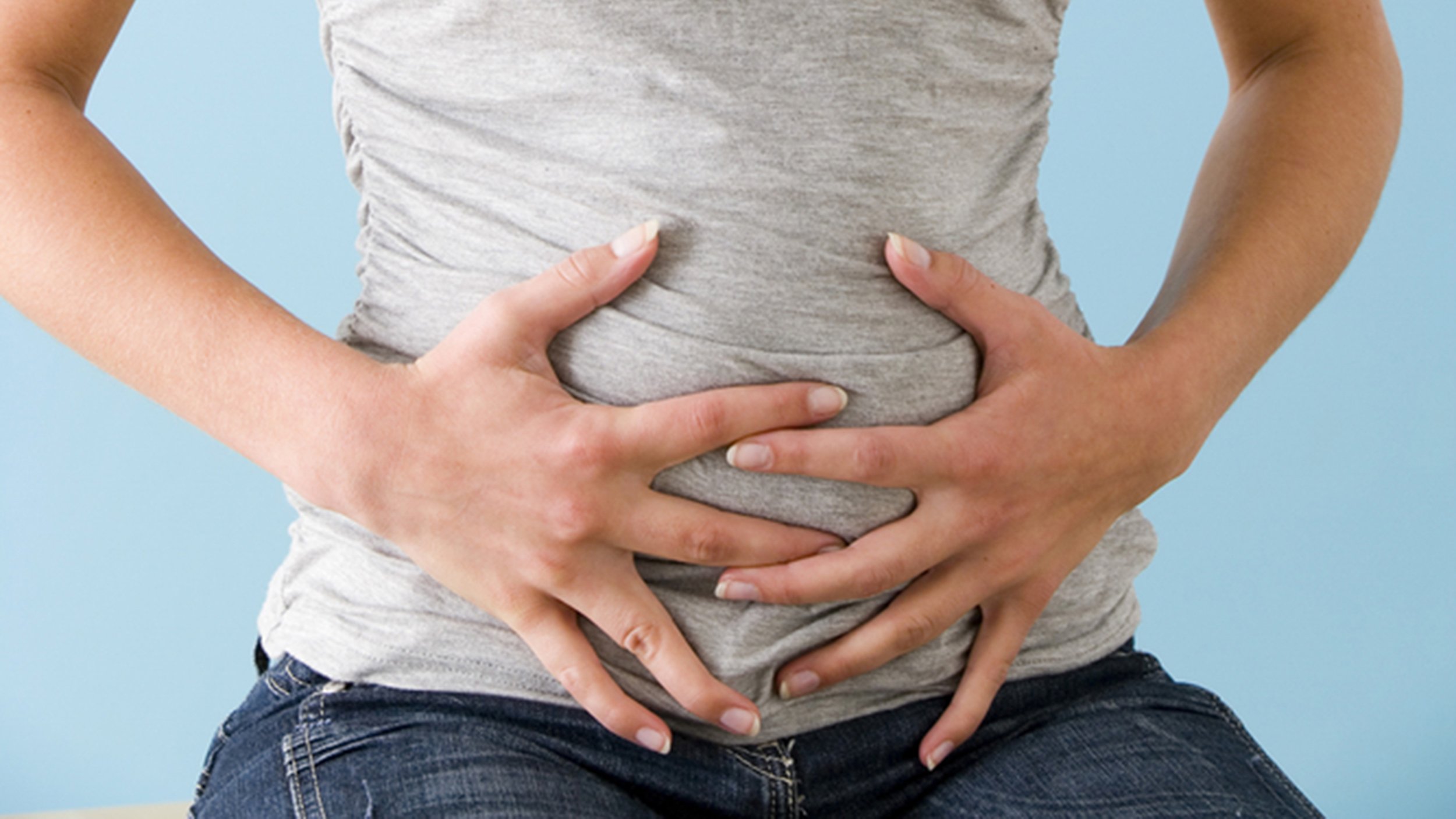Foods that cause swelling in less than an hour - most eat
Do you feel bulging even though you have not eaten plenty of ration? Then take care what you eat.
It is important to pay attention to the amount of food that will make your stomach swell, especially in situations where you want to look beautiful, whether it is about work or to go to the meeting.
A large number of women are faced with the problem of stomach swelling, but they are neither immune nor men. The difference is that swelling in women is mostly caused by hormonal changes, while men depend on what they eat.
Some food items can calm your stomach and intestines, while some cause you bounce in less than an hour. In that group are various salty snacks, pizza, sweets and cheeses, aerated water, booze and alcohol, but also ice cream.
Vegetables that cause swelling are turkey, cauliflower, chick peas and broccoli.
Plasters are full of sodium that affect the level of water in our body. The amount of sodium we eat predicts that our body will hold or pull out the excess of water.
If you put more sodium than your organism needs, the water will stay and will cause the feeling of bleeding.
Then, pips, other than sodium, also contain large quantities of hydrocarbons and sugar, which, combined together, cause the swelling and retention of water in the gut.
Sweeties such as bonbons and gums contain sugar alcohols sorbitol or glucitol, which our body can not quench. As a result, these substances lie in the intestine where the bacteria feed on them.
Sweets do not bounce on anyone, just like dairy products. However, if you are intolerant of lactose, milk or ice cream will "pump" your stomach.
Alcoholic drinks and aerated liquids cause dehydration, which sends a powerful and clear signal to our body that is threatening the risk, as well as all the water it can hold.
Although some vegetables are ideal for detoxification of the organism, bacon, cauliflower, chick peas and broccoli contain sugar oligosaccharides, which some people are difficult to digest.
Baking due to food should be short-term and not longer than two to three days. If you continue to feel bounce you should go consult your doctor.
